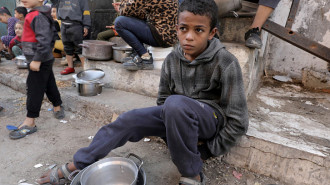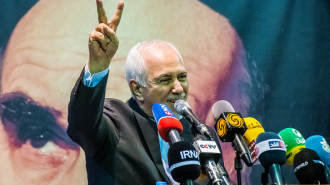'A deadly labyrinth': Thousands of trapped Syrians in Raqqa 'under fire from all sides'
The Syrian Democratic Forces (SDF), an alliance of Kurdish and Arab fighters backed by US-led coalition warplanes, entered the city in June and has captured nearly 60 percent of it from extremists.
But the fighting has proved increasingly bloody for civilians still trapped in Raqqa, with one monitor reporting 167 civilians have been killed in coalition strikes in and around the city since August 14.
The UN estimates that up to 25,000 civilians may remain in the city but tens of thousands of others have already fled, risking IS sniper fire and mines.
"As the battle to wrest Raqqa from Islamic State intensifies, thousands of civilians are trapped in a deadly labyrinth where they are under fire from all sides," said Donatella Rovera, Amnesty International's Senior Crisis Response Adviser.
"Knowing that IS uses civilians as human shields, SDF and US forces must redouble efforts to protect civilians, notably by avoiding disproportionate or indiscriminate strikes and creating safe exit routes," she said.
"Things will only get more dangerous as the battle reaches its final stages in the city centre. More can and must be done to preserve the lives of civilians trapped in the conflict and to facilitate their safe passage away from the battleground.”
 |
As the battle to wrest Raqqa from Islamic State intensifies, thousands of civilians are trapped in a deadly labyrinth where they are under fire from all sides |  |
The US-led coalition says it takes all possible precautions to avoid civilian casualties
"We are the good guys and the innocent people on the battlefield know the difference," US Defence Secretary Jim Mattis said on Tuesday.
But the coalition acknowledges it has escalated its strikes on Raqqa, with more aircraft available since a US-backed operation successfully pushed IS from Mosul in neighbouring Iraq last month.
| Read more on Raqqa: Raqqa’s besieged war-wounded struggling to reach life-saving care Parched civilians risk lives for water in IS-held Raqqa Children help Raqqa families escape Islamic State militants |
"It's probably logical to assume there has been some increase in civilian casualties. But I would ask someone to show me hard information," coalition commander Lieutenant General Stephen Townsend said.
The coalition earlier this month acknowledged the deaths of 624 civilians in its strikes in Syria and Iraq since 2014.
But rights groups say the actual figure is much higher, and Amnesty criticised the coalition's investigation methods for failing to include site visits or witness interviews.
"Relying on this limited methodology leads the coalition to discount a majority of reports as 'non-credible' or inconclusive, and to subsequently claim that civilian casualties account for only 0.31 percent of all engagements," the report said.
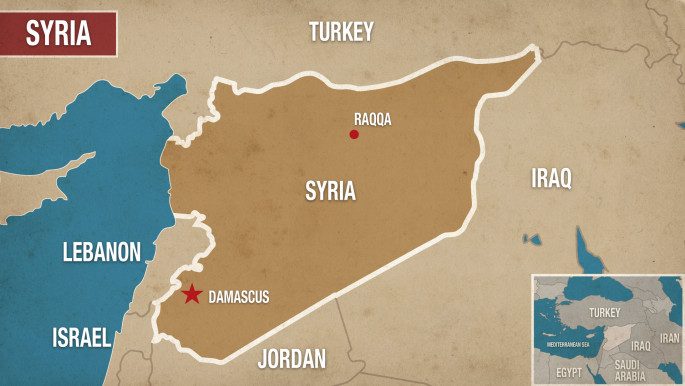 |
|
'It was like the end of the world'
In addition to airstrikes, civilians in Raqqa face the threat of intense artillery fire on densely populated areas still under IS control.
In one incident documented by Amnesty, a dozen shells hit a single residential building, killing at least 12 people, among them a baby.
"It was indescribable, it was like the end of the world," a witness told the rights group.
Amnesty said IS was using civilians remaining in the city as human shields, and reported that fleeing residents described coming under sniper fire.
"But violations by IS do not lessen the international legal obligations of other warring parties to protect civilians," Rovera said.
Even outside the city, Amnesty said, civilians were coming under attack in informal camps south of the city by Syrian regime forces using internationally-banned cluster munitions.
 |
Even outside the city, civilians were coming under attack in informal camps south of the city by Syrian regime forces using internationally-banned cluster munitions |  |
The group urged an end to the use of explosive weapons like artillery in populated civilian areas, and called for the creation of an independent and impartial investigation mechanism to examine reported civilian casualties.
The Syrian conflict began when the Baath regime, in power since 1963 and led by President Bashar al-Assad, responded with military force to peaceful protests demanding democratic reforms during the Arab Spring wave of uprisings, triggering an armed rebellion fuelled by mass defections from the Syrian army.
According to independent monitors, hundreds of thousands of civilians have been killed in the war, mostly by the regime and its powerful allies, and millions have been displaced both inside and outside of Syria.
The brutal tactics pursued mainly by the regime, which have included the use of chemical weapons, sieges, mass executions and torture against civilians have led to war crimes investigations.
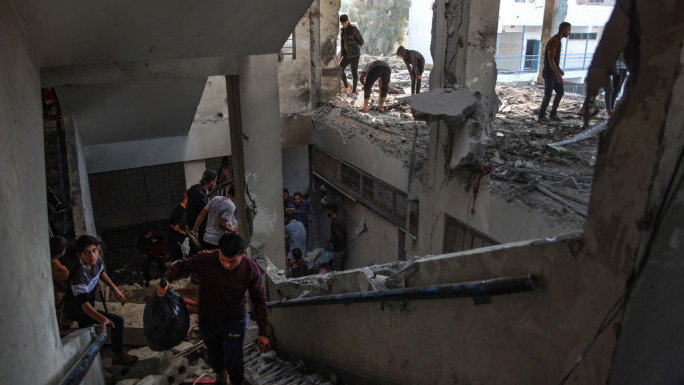
![President Pezeshkian has denounced Israel's attacks on Lebanon [Getty]](/sites/default/files/styles/image_684x385/public/2173482924.jpeg?h=a5f2f23a&itok=q3evVtko)

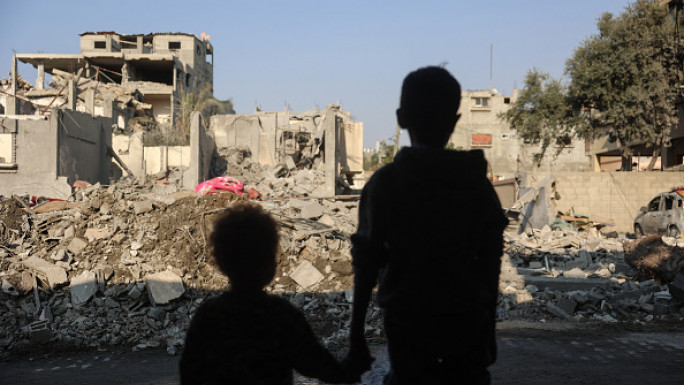
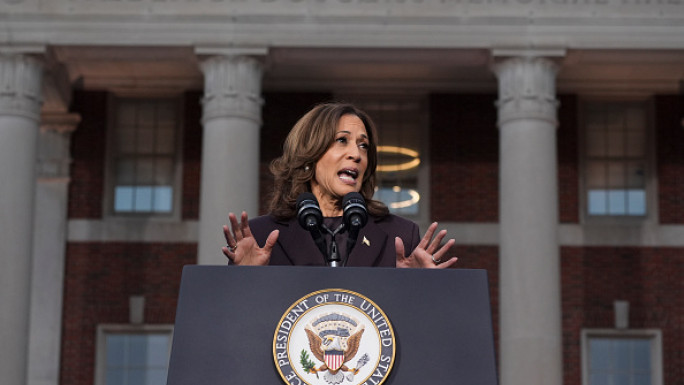
 Follow the Middle East's top stories in English at The New Arab on Google News
Follow the Middle East's top stories in English at The New Arab on Google News
![Palestinian men Gaza [Getty]](/sites/default/files/styles/image_330x185/public/2160546700.jpeg?h=a5f2f23a&itok=yn_zjtbp)
